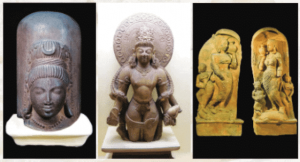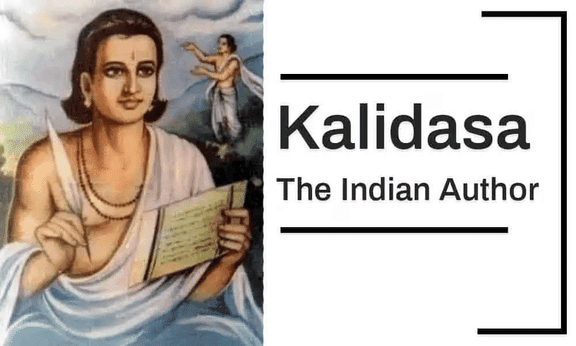LAQ for Chapter 7 The Gupta Era: An Age of Tireless Creativity Class 7 Social Science NCERT
Important Questions1
Q1: How did Samudragupta contribute to the expansion of the Gupta Empire?
Answer
Samudragupta was a skilled military leader who expanded the Gupta Empire through conquests. He defeated numerous smaller kingdoms, including those in the north, east, and central India. He incorporated these regions into the Gupta Empire either through direct control or as tributaries, ensuring a large and prosperous kingdom. His expansion helped solidify the foundation for the Gupta Golden Age.
LAQ
2
Q2: How did the Gupta period contribute to the development of science and mathematics?
Answer
The Gupta period witnessed significant progress in science and mathematics. Āryabhaṭa, a renowned mathematician and astronomer, calculated the Earth’s size and explained the rotation of the Earth on its axis. He also made accurate calculations for eclipses and formulated methods for solving algebraic equations. His work in mathematics and astronomy laid the groundwork for later developments in these fields.
LAQ
3
Q3: Discuss the role of art and architecture during the Gupta period.
Answer
Art and architecture flourished under the Gupta rulers. The Gupta period saw the construction of iconic structures like the Ajanta Caves, with their detailed paintings and sculptures. The architecture of temples and vihāras (monasteries) reached new heights, with the use of intricate carvings and sculptures depicting Hindu and Buddhist deities. This era's art focused on beauty, religious symbolism, and mastery in stonework.
Aspects of Gupta Art
LAQ
4
Q4: How did the Gupta rulers encourage religious tolerance?
Answer
Gupta rulers were known for promoting religious tolerance. They supported a variety of religions, including Hinduism, Buddhism, and Jainism. The rulers funded Buddhist vihāras and temples, while also supporting Hindu religious practices and institutions. This inclusive approach created an environment where different religious traditions coexisted peacefully, allowing cultural and intellectual exchange to thrive.
LAQ
5
Q5: How did trade contribute to the Gupta Empire's prosperity?
Answer
Trade played a crucial role in the Gupta Empire's prosperity. The empire's strategic location along trade routes facilitated commerce with regions in Southeast Asia, the Mediterranean, and Central Asia. The Gupta rulers levied taxes on trade, which funded their administration, military, and public works. The empire was known for trading textiles, spices, gems, and other goods, making it economically strong and culturally rich.
LAQ
6
Q6: What is the significance of Faxian's travelogue in understanding Gupta society?
Answer
Faxian's travelogue, A Record of Buddhistic Kingdoms, offers valuable insights into Gupta society. It describes the peaceful and prosperous conditions of the empire, where people were content and lived with relative freedom. Faxian’s observations about the treatment of merchants, the welfare of the poor, and the presence of Buddhist institutions highlight the cultural and social harmony of the time, though his account also shows some inequalities, such as the harsh treatment of outcastes.
LAQ
7
Q7: Explain the contributions of Kālidāsa to Sanskrit literature.
Answer
Kālidāsa is one of the most celebrated poets of the Gupta period. His work, especially the poem Meghadūtam (The Cloud Messenger), is known for its lyrical beauty, vivid descriptions, and deep emotional expression. His plays and poems, which explore themes of love, nature, and human relationships, are considered masterpieces of Sanskrit literature and continue to be revered for their artistic merit and cultural impact.
Kalidas
LAQ
8
Q8: How did the decline of the Gupta Empire impact India?
Answer
The decline of the Gupta Empire in the 6th century CE marked the end of the Classical Age. This decline was caused by a combination of external invasions, particularly from the Huna tribe, and internal political instability. The weakening of the central authority led to the rise of regional powers, which fragmented India into smaller kingdoms. Despite the collapse of the Gupta Empire, its cultural and intellectual achievements left a lasting legacy in Indian history.
LAQ